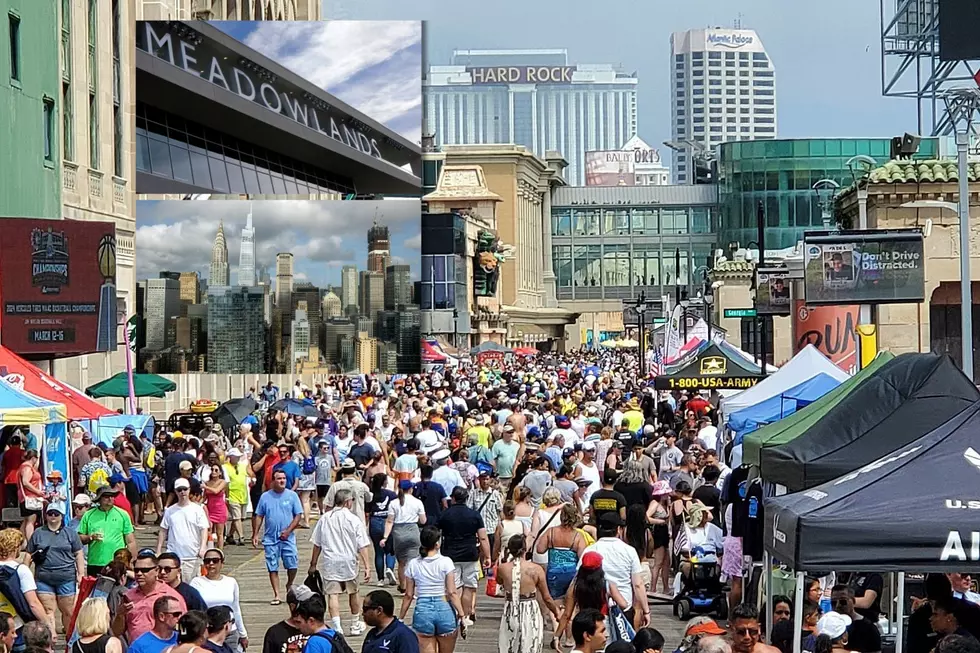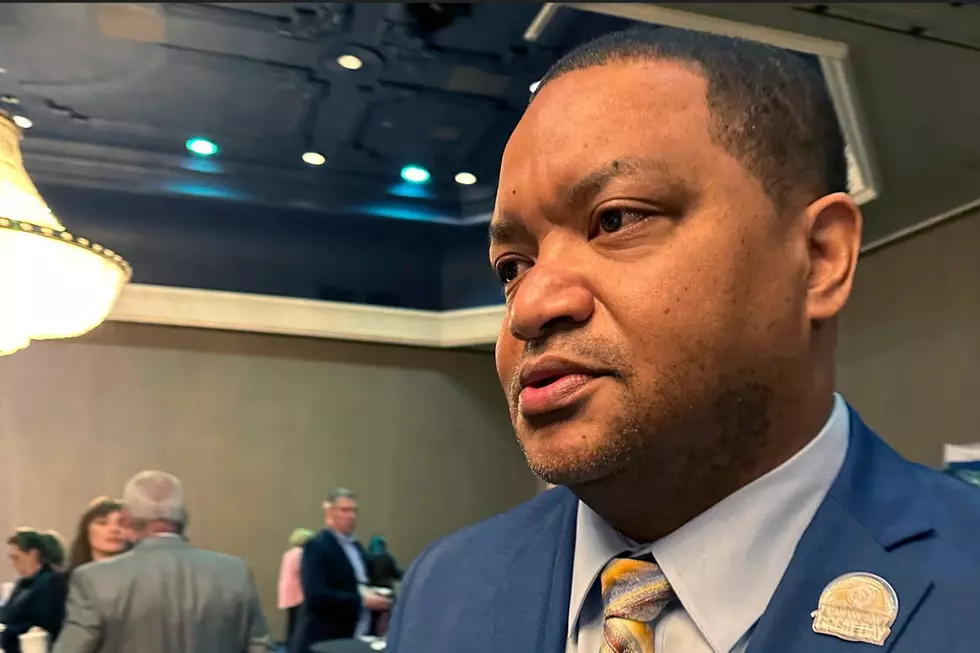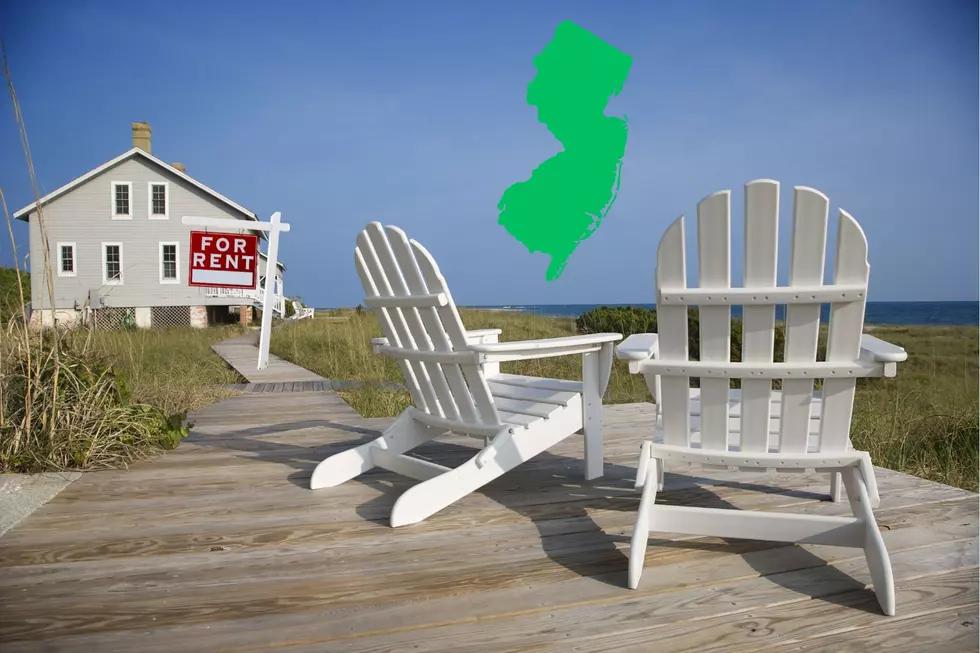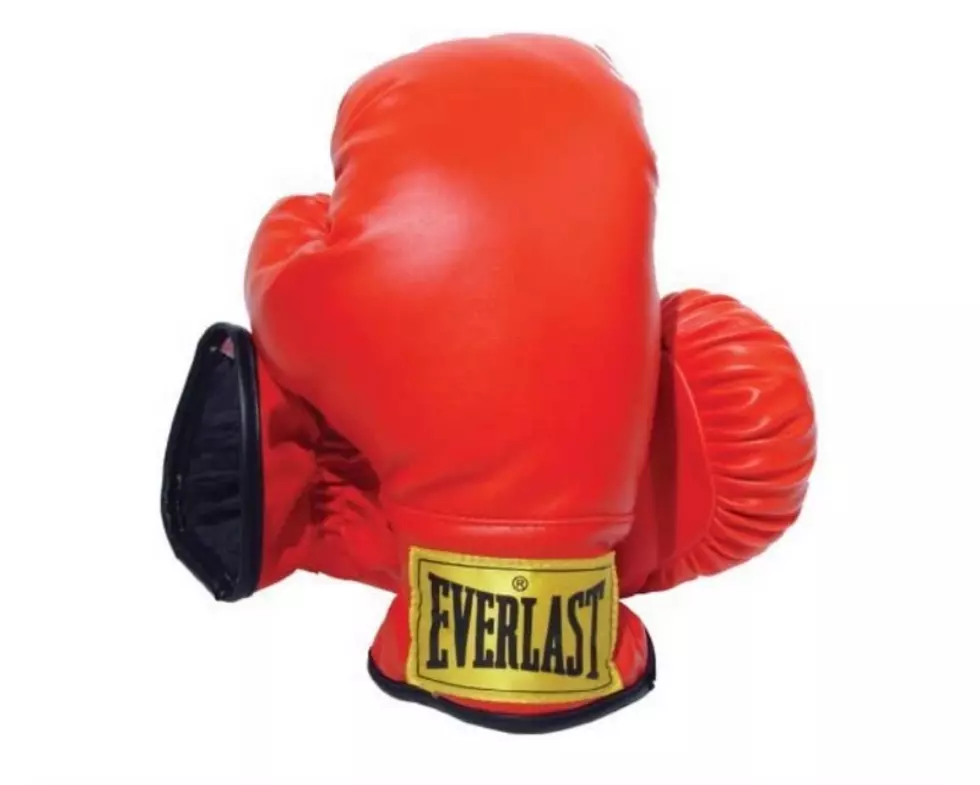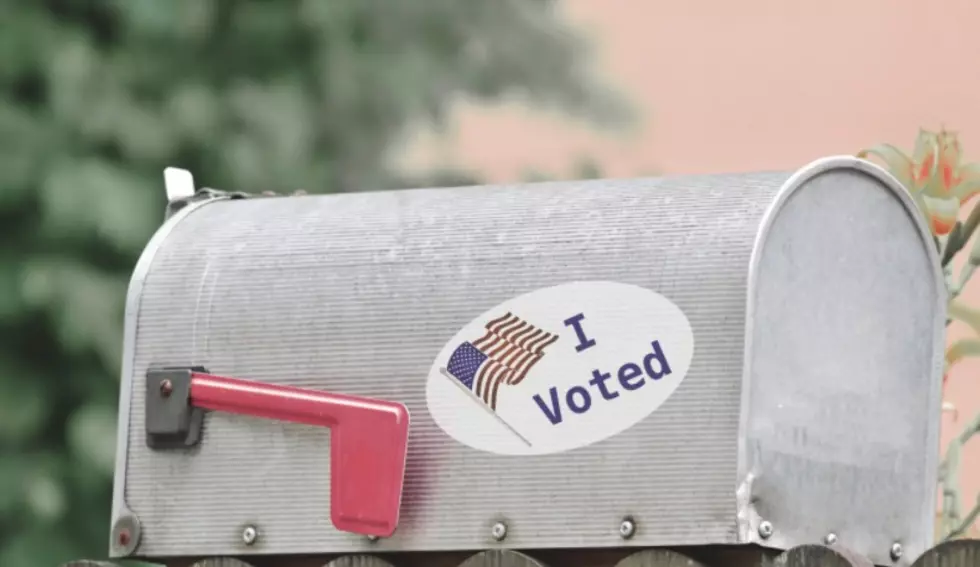
Progressives Say NJ, Like NYC, Should Let Legal Noncitizens Vote
TRENTON – Some progressive activists say New Jersey should follow the lead of New York City, where the city council has approved a bill giving more than 800,000 noncitizens legally living in the city the right to vote in local elections.
New York City won’t be the first place to allow it, but it will become the largest. People will have to be legal permanent residents to qualify, such as those who hold green cards, work permits or receive the protections of the Deferred Action for Childhood Arrivals policy.

Amol Sinha, executive director of the American Civil Liberties Union of New Jersey, said he’s thrilled by New York City’s move and that he has advocated for years that New Jersey does the same.
“Too many school boards, town councils, & other local bodies in NJ look nothing like the communities they serve,” Sinha said on Twitter. “Here’s one way to help change that.”
That view wasn’t shared by most of the people who responded to Sinha’s tweet, only one of whom appears to be from New Jersey. But he’s not alone, as activists from the New Jersey Institute for Social Justice and the Good Government Coalition of New Jersey have expressed similar support.
That isn’t the opinion of campaign strategist Steve Ayscue, president of Checkmate Advisors and a veteran of Democratic politics in South Jersey, where Republicans are making their largest gains in legislative seats and voter registration. He called it “yet another ‘progressive’ disaster of an idea.”
Sue Altman, state director of New Jersey Working Families, an opponent of the South Jersey establishment Democrats, said Ayscue is “20 years behind on ideas.”
San Francisco allows noncitizens to vote, as do 11 municipalities in Maryland and two in Vermont, according to Ballotpedia.
In a 2017 paper, a University of Kentucky College of Law professor said New Jersey is one of 14 states that have no clear legal impediments to municipalities passing local ordinances qualifying noncitizens or 16- and 17-year-olds to vote in local elections.
New York City Mayor Bill de Blasio has questioned whether it’s legal for the city to make the change, rather than the state, but has said he would not veto it.
New York City Mayor-elect Eric Adams, who takes office in three weeks, has supported the idea but raised concerns Thursday that it applies to people who have lived in the city for just 30 days.
Light Up New Jersey 2021: Your best holiday lights
Inside Amazon: A Detailed History of America's Biggest Online Retailer
More From WPG Talk Radio 95.5 FM

